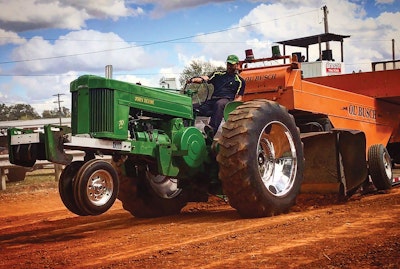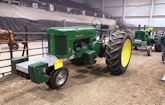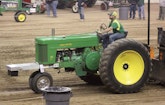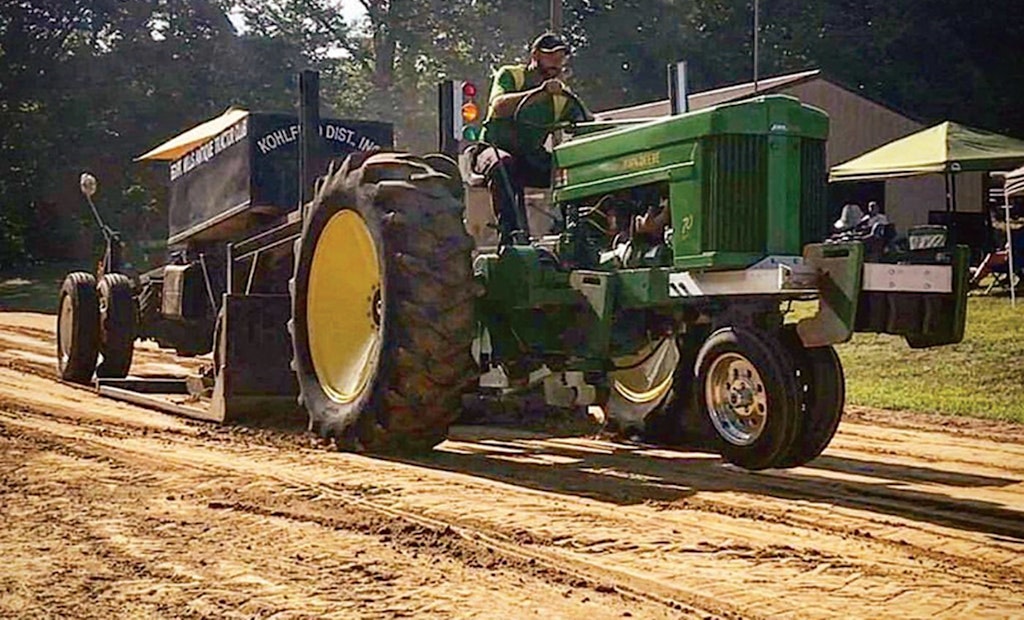There’s nothing that unwinds Josh Campbell more than the distinctive Johnny Pop putt-putt sound of an old two-cylinder John Deere tractor and the power he feels pulling a 15- to 20-ton weight transfer sled. Relatively new to competitive tractor pulling, he is already a two-time...
The Thrill of Flying Mud and Roaring Engines
Antique tractor pulling contests allow busy pumper Josh Campbell to blow off some steam.
Popular Stories
Discussion
Comments on this site are submitted by users and are not endorsed by nor do they reflect the views or opinions of COLE Publishing, Inc. Comments are moderated before being posted.









